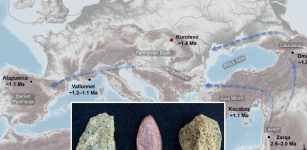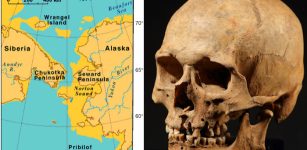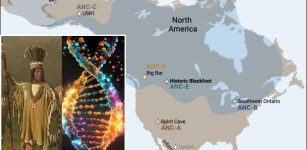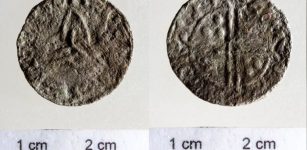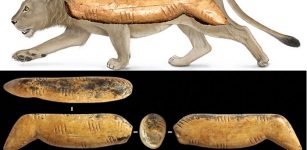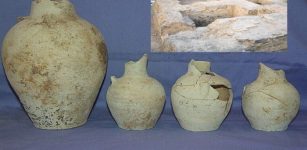Neanderthals Had Older Mothers And Younger Fathers Compared To Modern Humans
Conny Waters - AncientPages.com - When the ancestors of modern humans left Africa 50,000 years ago they met the Neandertals. In this encounter, the Neandertal population contributed around two percent of the genome to present-day non-African populations.
Researchers from Aarhus University in Denmark, deCODE Genetics in Iceland, and the Max Planck Institute for Evolutionary Anthropology in Leipzig, Germany, have conducted the most comprehensive study to date using data obtained from 27,566 Icelanders, to figure out which parts of our genomes contain Neanderthal DNA and what role it plays in modern humans.
Every person of non-African decent shares around two percent of their DNA with the Neandertals. However, different people carry different pieces of Neandertal DNA so when the authors added them up they could reconstruct at least 38 percent of the Neandertal genome using 14 million Neandertal DNA fragments.
Comparing this Neandertal DNA with the Neandertal and Denisovan genomes, which were sequenced at the Max Planck Institute for Evolutionary Anthropology in Leipzig, the researchers found that the Neandertal population that mixed with modern Icelanders was more similar to a Neandertal found in Croatia than to Neandertals found in Russia.
Unexpectedly, they also found that Icelanders carry traces of Denisovan DNA, which was previously only thought to be present in East Asians and populations from Papua New Guinea. One possibility is that ancestors of the Neandertal population who mixed with modern humans had earlier also mixed with Denisovans.
In each generation, parents pass their DNA on to their children, and the age of each parent is known to greatly affect the types of mutations that they pass on.
"By comparing the genetic mutations on the Neandertal DNA fragments to the corresponding modern human DNA fragments we found that, on average, Neandertal children had older mothers and younger fathers compared to modern humans," first author Laurits Skov, a researcher from Aarhus University and the Max Planck Institute for Evolutionary Anthropology said in a press release
Finally, the authors show that Neandertal DNA has a relatively minor effect on human health and appearance today.
The few cases where Neandertal DNA has an effect among Icelanders leads to a slightly reduced risk of prostate cancer, slightly shorter height, and a slightly faster blood clotting time.
Written by Conny Waters - AncientPages.com Staff Writer










